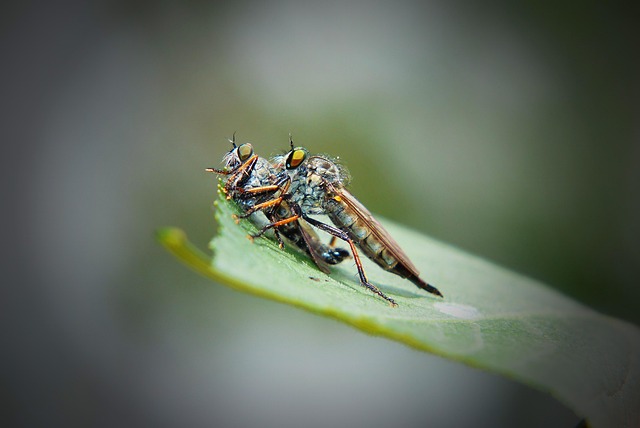As we delve into the delicate relationship between humanity and nature, one cannot overlook the peculiar yet concerning concept of cannibalism and its metaphorical implications on our environment. While the term traditionally refers to the act of consuming one’s own species, in this context, it symbolizes the self-destructive actions of humanity against its most precious resource: the Earth. Deforestation is a glaring example of this metaphorical cannibalism, where mankind exploits natural resources to an extent that is detrimental to both the environment and future generations.
In recent years, rampant deforestation has escalated, driven by agriculture, logging, and urbanization. This destruction has not only led to the loss of countless tree species but also to the displacement of numerous flora and fauna that depend on these trees for survival. The act of cutting down trees can be likened to cannibalism in the sense that we are harming our own habitat, creating a vicious cycle that threatens our existence. Humans are consuming the very ecosystems that sustain them, leading to catastrophic results for biodiversity.
The consequences of this environmental cannibalism are dire. With fewer trees to absorb carbon dioxide, climate change has accelerated at an alarming rate. As forests vanish, the planet loses a crucial ally in the battle against greenhouse gas emissions. Suddenly, the trees—our silent partners in maintaining a stable climate—become mere resources rather than a life-support system. It’s a chilling reminder of how our actions today can lead to devastating effects tomorrow.
Moreover, the loss of forests contributes to extreme weather conditions, loss of biodiversity, and disrupted water cycles, further jeopardizing our health and safety. Communities that rely on these ecosystems for their livelihood suffer as their resources dwindle. In this light, one could argue that our modern practices reflect a form of cannibalism, one where we devour our ecosystem without consideration of the long-term impacts.
As we look around at the continuous drive for agricultural expansion and urban development, it is crucial to recognize the interconnectedness of our actions and the health of our planet. The rise in carbon emissions, intensified climate disasters, and the extinction of species serve as consequences of our cannibalistic tendencies towards the natural resources we so desperately need.
To address the pressing issue of deforestation, we must first cultivate a sense of responsibility towards our environment. This begins with education, encouraging communities to adopt sustainable practices that do not exploit but preserve. Reforestation projects and responsible land management can help restore what has been lost, yet they require commitment and a shift in perspective. Instead of viewing nature as merely a resource, we should see it as a vital partner in our survival.
In this fight against deforestation—a form of environmental cannibalism—every small effort counts. Support for initiatives aimed at protecting forests, advocating for sustainable sourcing, and raising awareness about the impact of our choices can contribute toward a collective effort to heal our planet. Only then can we hope to create a future where humanity thrives in harmony with nature, rather than at its expense.




